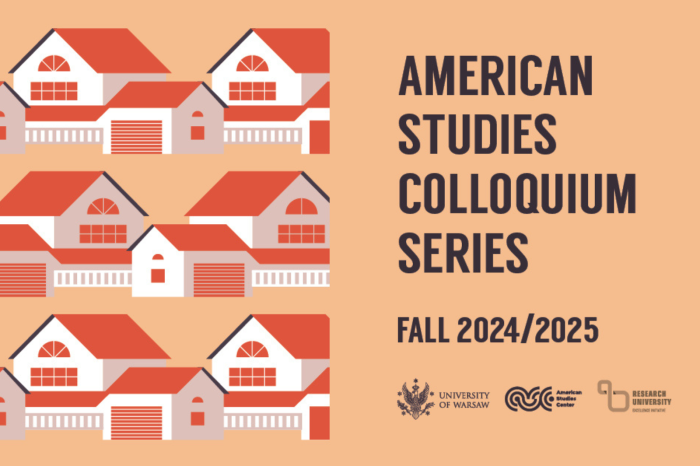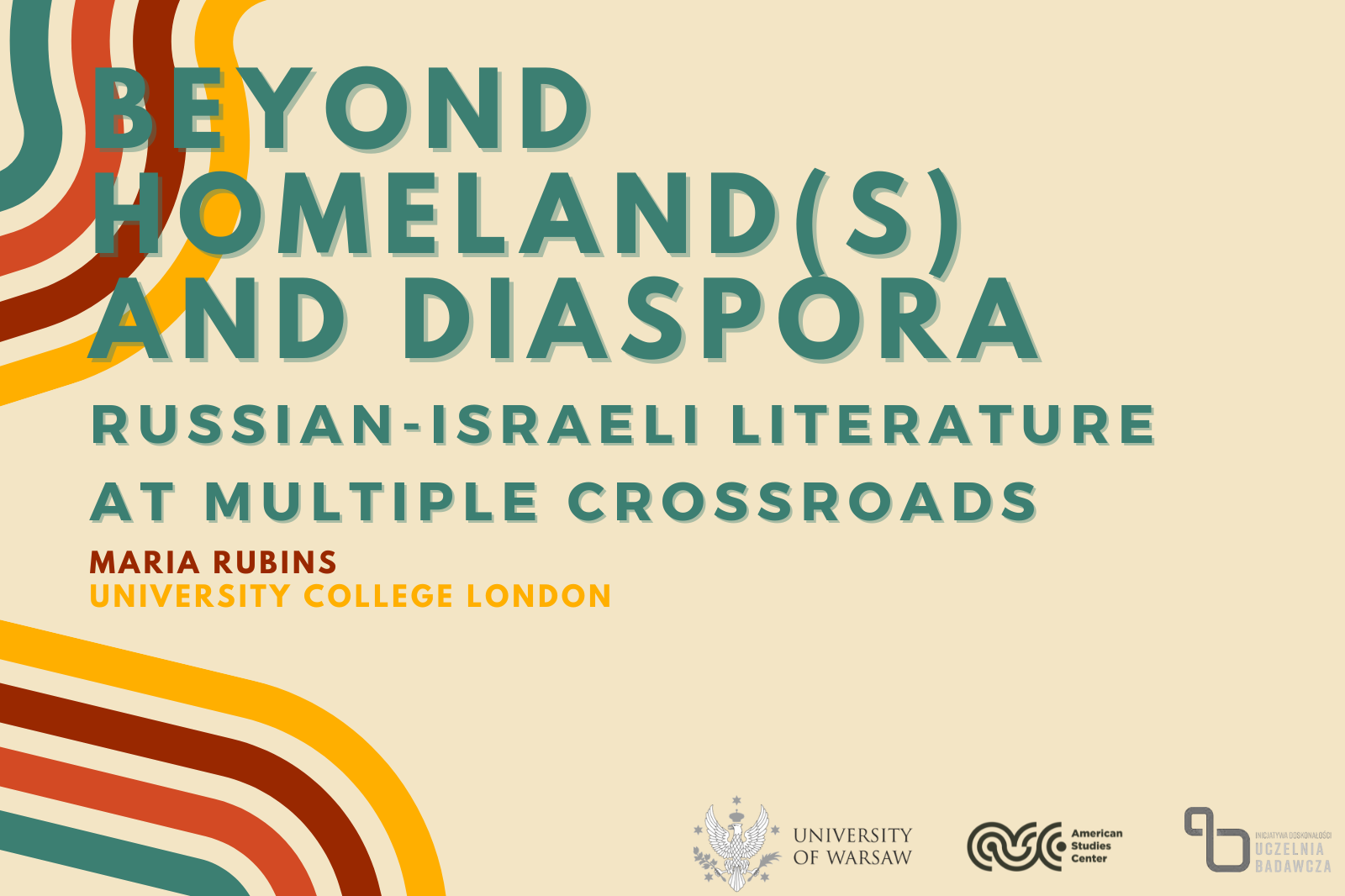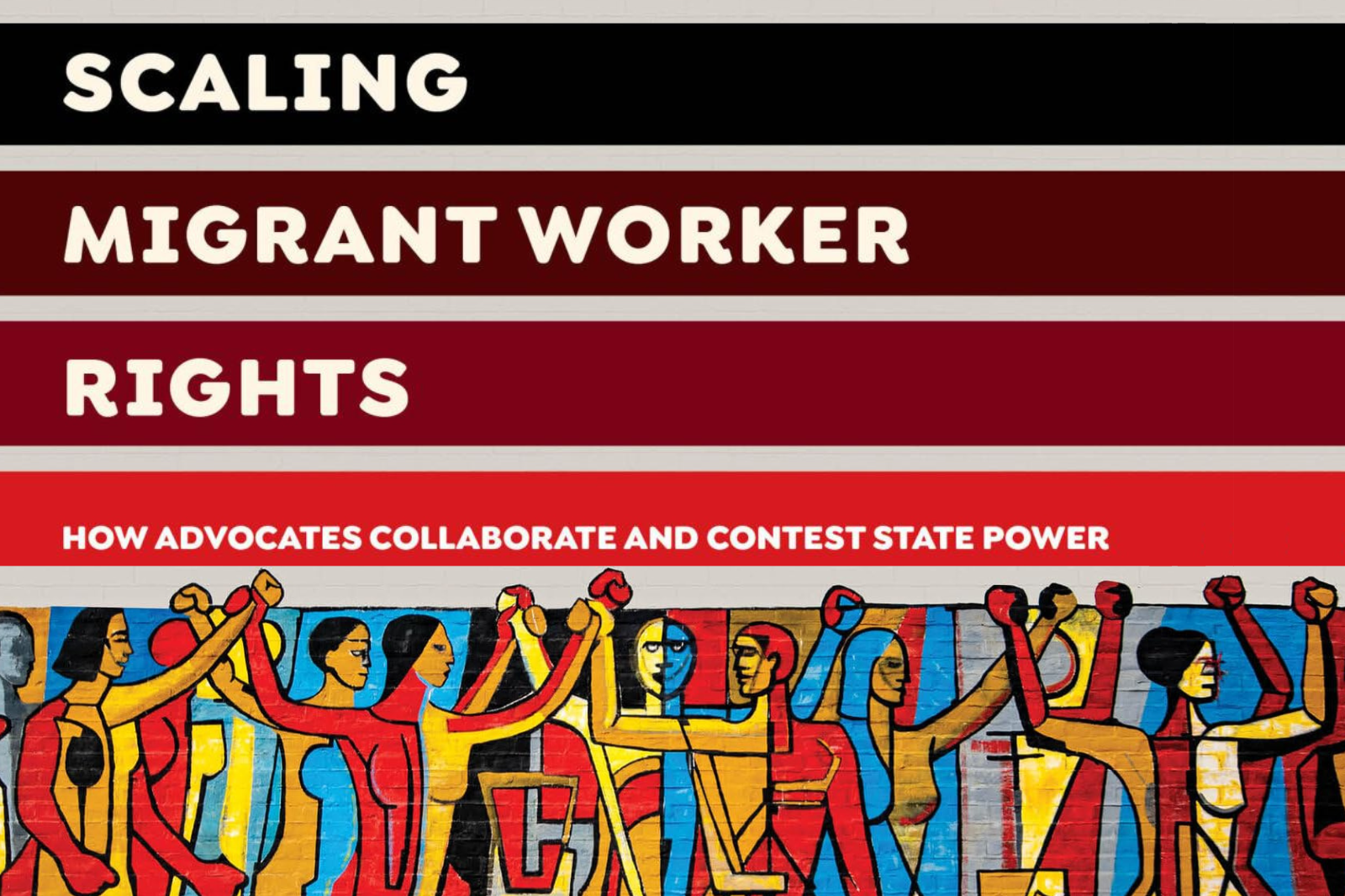We are delighted to invite you to the second lecture of the American Studies Colloquium Series in the 2024/2025 Fall semester!
Stuart Taberner
(University of Leeds)
Soviet-Born Jewish Literature between North America and Germany
Thursday, November 28, 2024
at 4:45 p.m.
You can get 3 OZN points for participating in this event.

Where?
Dobra 55, room 2.118
(the building features some mobility accommodations: ramp and lift)
What?
In this conversation, Stuart Taberner (University of Leeds) and Karolina Krasuska (University of Warsaw) will explore some of the parallels and contrasts between the experiences of Soviet Jews who migrated to Germany and the United States in successive waves since the 1960s. Specifically, they will examine the literary production of these cohorts of Soviet Jewish migrants, relating to arrival in the destination country, the reconfiguration of Jewish identity, gender, and Holocaust memory. Following a brief introduction to the historical, sociological, and literary context in Germany and the USA, Stuart and Karolina will engage in a discussion of key points of comparisons and difference.
Who?
Stuart Taberner is Professor of German at the University of Leeds, UK, and Director of the University’s Horizons Institute, an interdisciplinary research incubator. He has published widely on German and German Jewish literature, thought, and history. His book The New German Jewish Literature: Holocaust Memory, Solidarity, and Worldliness is forthcoming in early 2025. Stuart is also editor of The Cambridge History of Holocaust Literature, along with Erin McGlothlin, which will appear in 2026. Stuart Taubner is a Visiting Researcher within the IDUB Excellence Initiative „Tandems for Excellence” grant on global literature by Soviet-born writers, directed by Karolina Krasuska
Educated in Poland, Germany, and the United States, Karolina Krasuska is Associate Professor and the founder of the Gender/Sexuality Research Group. Her research and teaching areas include: cultural theory, memory studies, gender studies, and twenty- and twenty-first century literature, including Jewish American literature. Dynamic, student-centered and socially engaged teaching constitutes the core of her pedagogy: she was awarded the University of Warsaw Teaching Award in humanities (2017). Prof. Krasuska initiated the American Studies Colloquium Series at the ASC (2010) and is the founding director of the Gender/Sexuality Research Group (2016). Her research has been funded by multiple grants and awards and her most recent publication is her third monograph Soviet-Born: The Afterlives of Migration in Jewish American Fiction (2024) from Rutgers University Press.



